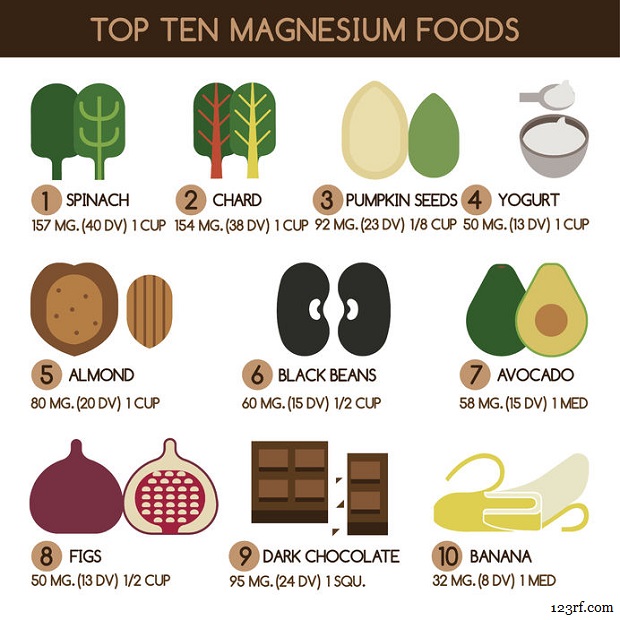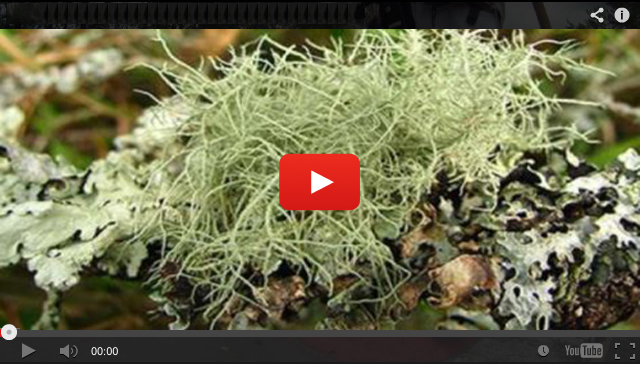Chronic pain is an issue for many people, especially as you age or if you’ve sustained an injury. It also doesn’t help that doctors prescribe pain pills like they’re chiclets, so our tolerance to pain is lowered because the meds have masked it for so long that if you have to stop taking your meds, you’re miserable.
But there are natural ways to treat your pain, either if SHTF or you just want to avoid pharmaceuticals and go the natural route instead.
Just as we have meds such as ibuprofen and acetaminophen to treat general aches and pains, there are also natural treatments that have been used for centuries. Even now, you can buy teas in specialty stores that contain some of these items, and if not, they’re mostly readily available so you can make your own.
For that matter, you can find many of them in your backyard.
This is the Best Natural Painkiller, and Grows in Your Backyard!
Many of these were so effective that they’re actually where modern pharmaceuticals got their starts.
12 Ways To Treat Pain Naturally
1. Willow Bark
Most people don’t know this but willow bark, specifically the tender part between the hard, outside bark and the meat of the white willow tree, was the original base for aspirin. The active ingredient in it is salicin, and that’s what was used before synthetics were invented. You can use it to make tea or you can chew it.
It acts as a general painkiller and is effective for headaches, toothaches, and general body aches. It’s also good for arthritis, lower back pain, and has the same heart-healthy benefits that aspirin does.
It carries the same risks as aspirin does: gastric ulcers and gastric cancers. Also like aspirin, it can cause Reye’s syndrome in kids. As an adult, don’t exceed 240mg of willow bark per day.
2. Turmeric/Curcumin
Curcumin, an ingredient in turmeric, has been used for centuries as an anti-inflammatory to treat osteoarthritis and rheumatoid arthritis. It’s also used by some to treat hemorrhoids. It’s better to eat it as a seasoning or in a capsule, though some make a paste of it, and rub it on.
3. Mint
This is still a doctor-approved treatment for stomach upset and is one of the reasons that people offer mint candy after a meal, though I have to wonder if that actually contains mint. Just chew a couple of leaves and you’ll not only have fresh breath, your stomach discomfort will disappear, too.
4. Ginger
Ginger contains gingerol, a phytonutrient linked to several different health benefits. Among them is relief of stomach upset, nausea, morning sickness, gastric ulcers, menstrual pain, and muscle pain and soreness.
Gingerol is not only pain reliever, it’s also an anti-inflammatory, which makes it a possible help for inflammatory conditions such as arthritis.
Other health benefits include improved cognitive function and protection against Alzheimer’s disease and cancer.
You can eat ginger straight (I like to have a sliver of candied ginger after meals) or you can cook with it or make tea.
You can find The Book Of Remedies HERE
5. Clove
I can personally attest to this one, too. I had chronic issues with my teeth due to a genetic disorder. As we all know, toothaches make you miserable. I’d rub a little bit of clove oil directly on the sore spot or abscess, then also put a couple of drops in my palm and rub my hands together. Even after the clove oil started to wear off, I could cup my hands together and inhale the oil and it would provide more relief.
I’ve been told it’s also good for earaches.
6. Feverfew
Feverfew is a good general pain reliever but is specifically known for its ability to help get rid of headaches, migraines, and rheumatoid arthritis. There aren’t any serious side effects related to it except you shouldn’t take it if you’re pregnant. It may also cause mouth irritation, so rinse your mouth after you eat it or drink tea.
7. St. John’s Wort
Though commonly used as a natural anti-depressant, St. John’s Wort is also used to relieve neuropathic pain such as sciatica, as well as arthritis. An upside to this plant is that the pretty yellow flowers make a great addition to your ornamental plant garden, too.
8. Valerian Root
Commonly used to help with sleep and anxiety, valerian root is also used to help relieve the pain of muscle spasms and cramps. Since it is used as a calming agent, and is effective at that, you shouldn’t drive or do silly things like run your backhoe after you’ve taken it. Instead, lie down and grab the remote.
9. Comfrey
Comfrey is another plant that makes for a beautiful ornamental. It’s also used to treat muscle pain such as upper and lower back pain. Make a paste from it and rub it onto the pained area.
Do not take it internally, though traditionally it’s been used orally to help knit broken bones (a nickname is knitbone) but now we know it has hepatotoxic alkaloids that cause liver failure. So, don’t use it internally.
10. Magnesium
Magnesium can help reduce or get rid of headaches, migraines, muscle spasms, and fibromyalgia. It’s also necessary for several bodily functions, including good cognitive function, but as many as 80 percent of the population is magnesium-deficient.
Drinking alcohol lowers magnesium levels. To get your daily boost eat seeds such as sunflower and pumpkin seeds.

11. Capsaicin
Capsaicin (Capsicum) is the ingredient in peppers that make them hot. It’s also an awesome antibacterial and anti-inflammatory.You can also make a paste from it and rub it directly on the area that hurts. This is a case where a little dab will do you.
Don’t make your paste more than .0075 percent capsaicin or else you run the chance of burning your skin. I’d recommend doing a small patch test before applying it to a large area just to make sure you can tolerate it.
12. Boswellia
Also more commonly known as Indian frankincense, studies suggest boswellia may be effective at lowering inflammation, reducing joint and arthritis pain, helping fight cancer, speeding up healing from infections and potentially preventing autoimmune diseases.
There are many alternatives to natural painkillers and most all of these can be grown right in our backyard. There’s no reason to suffer from pain just because SHTF and you don’t have access to modern painkillers. Grow them in your ornamental garden, and make use of them to survive pain!
Do you have any ideas for natural painkillers that I’ve missed, please feel free to share them in the comments section below.
This article has been written by Theresa Crouse for Survivopedia.
RELATED:
THE BEST NATURAL PAINKILLER THAT GROWS IN YOUR BACKYARD (SIMILAR TO MORPHINE)
A MEDICINAL PLANT MAP THAT SHOULD BE IN YOUR SURVIVAL KIT
HOW TO DEHYDRATE HERBS FOR LONG-TERM STORAGE
THE TOP MEDICINAL PLANTS OF NORTH AMERICA
NATURAL EMERGENCY TREATMENTS EVERY PREPPER SHOULD KNOW
OFF GRID ANTIBIOTICS – FOR WHEN THERE IS NO MEDICINE
THIS COMMON DRIVEWAY WEED IS ONE OF NATURE’S MOST POWERFUL SURVIVAL PLANTS
23 MEDICINAL PLANTS THE NATIVE AMERICANS USED ON A DAILY BASIS
OTHER USEFUL RESOURCES:
The 3 Pioneer Survival Lessons We Should Learn
The Most Effective Home Defense Strategies
Old School Hacks for Off-Grid Living
The Medical Emergency Crash Course



One Reply to “12 Ways To Treat Your Chronic Pain Naturally”